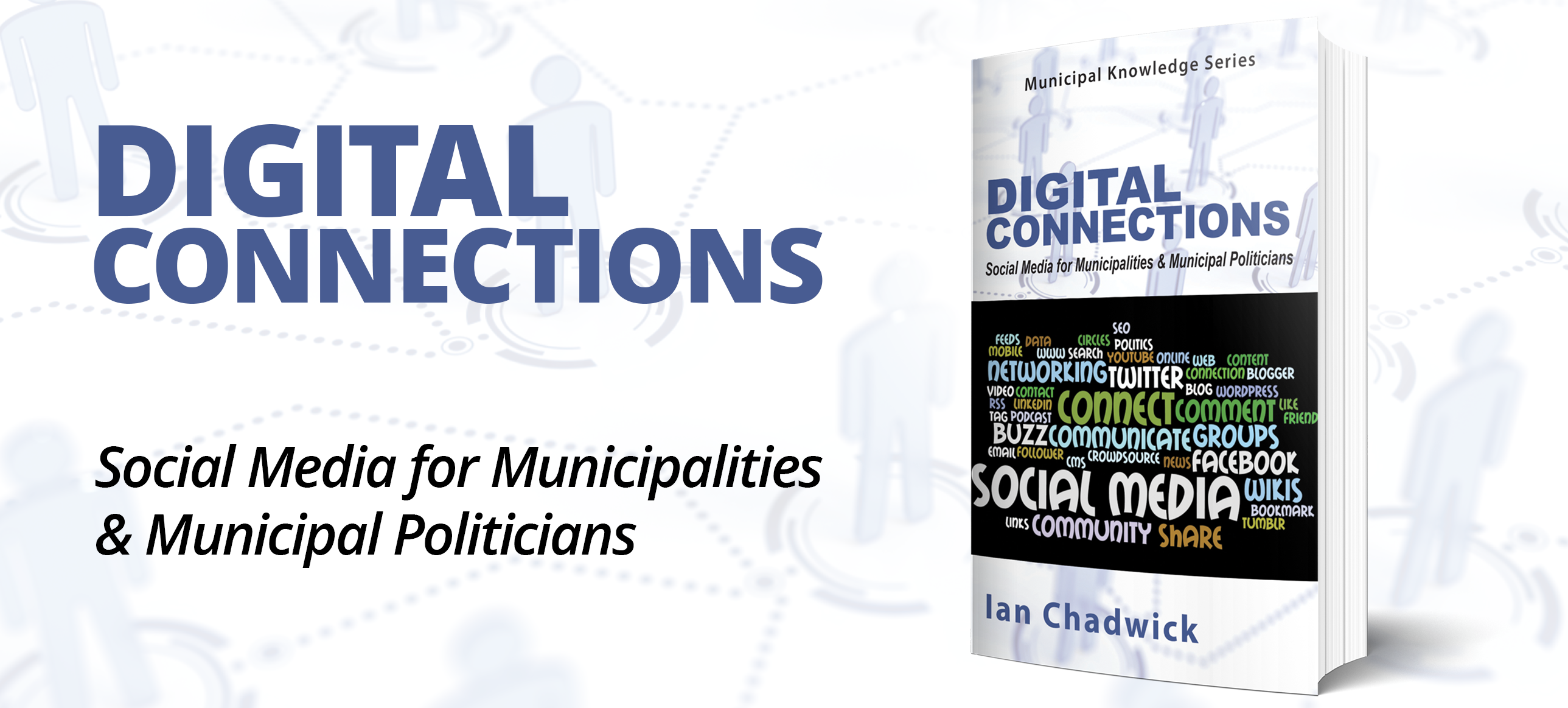Social media’s three golden rules

As harsh, embarrassing, or damaging to a municipality as an online communication may be, it is not possible to monitor and control everything posted, anywhere in the world, at any time. It is possible, however – indeed advisable – to implement and enforce a social media policy that governs the online communications of employees and volunteers, whether during business hours or on personal time.
When and how to introduce a policy into the workplace (or amend an existing policy) depends on several factors that are not the subject of this article, but should be discussed with experienced employment counsel. In terms of the policy itself, the following are three “golden rules” to follow.
Rule 1: Communicate clear, reasonable, and understandable expectations and parameters for employee and volunteer online conduct.
A social media policy should communicate clear expectations for online conduct and address the following:
- Describe how and why the policy is relevant to and necessary for the municipality.
- State that employees and volunteers should have no expectation of privacy as it relates to the use of company technology (should this be the case).
- State that the municipality monitors social networking sites.
- Include a prohibition on posting in a way that can negatively impact the municipality’s reputation.
- Include a prohibition on posting negative comments about other employees, volunteers, and members of the public.
- Include a prohibition on disclosing confidential information of the municipality, employees, members of the community, or any other individual or entity.
- Include a prohibition against employees and/or volunteers representing themselves as communicating on behalf of the municipality without the municipality’s express consent. On this point, municipalities without an official social media presence should consider the risk of being without an official platform to respond to this type of “passing off” conduct. Should a rogue employee or volunteer post material purportedly “on behalf” of the municipality, an official Facebook or Twitter account may be an effective tool for correcting the public record.
- Identify any companion workplace policies applicable to online conduct, such as harassment and bullying.
- Describe the process for addressing complaint of social media abuse.
- State that a violation of the policy may result in discipline, up to and including termination of employment for cause, and/or a civil lawsuit in the courts.
Individuals with authority to post, tweet, or blog on behalf of the municipality will no doubt have demonstrated sound judgment in the past. Nevertheless, a posting policy can minimize the risk of embarrassing or harmful content reaching the public sphere through the municipality’s official accounts. To this end, authorized posters should receive training on issues such as respectful communications, copyright laws, and other intellectual property issues. Municipalities are held to a high standard by the public and should strive to set a good example of online conduct while simultaneously avoiding potential legal liability.
Rule 2: Facilitate monitoring of any and all online communication that has the potential to negatively impact the municipality.
A municipality’s monitoring activities should be the least intrusive necessary to achieve effective enforcement of the policy. To be clear, monitoring in this context is not a clandestine endeavour. The policy should expressly advise employees and volunteers that the municipality reserves its right to monitor comments made about it on the internet. It is surprising how many individuals perceive their social media posts as private, despite the fact anyone with internet access can read them.
While social media monitoring is necessary for a successful policy, monitoring comes with its own unique risks. Human rights legislation across Canada prohibits discrimination on the basis of various protected grounds. If a municipality inadvertently discovers information relating to one of these protected grounds, it exposes itself to potential claims of discrimination. One way to minimize this risk is to ensure any municipal decision maker is not also responsible for monitoring online communications. As well, a good social media monitoring system (there are several capable of sophisticated filtering and reporting) can filter out irrelevant information and present a decision maker with a “clean” package of relevant information.
Rule 3: Consistently enforce the policy.
When a policy violation is discovered, consider the appropriate level of discipline carefully. To this end, while social media may seem like a brave new world, the old rules concerning workplace discipline still apply. Before meting out discipline or commencing civil court activity, consider all relevant factors, including the severity of the violation, years of service, history of misconduct, age, remorse, etc., as well as the level of discipline applied in similar circumstances. Any discipline issued under the policy should be proportionate to the infraction and consistently applied.
Closing Thoughts
Perhaps the “most golden” of all the workplace social media rules is simply this: “If you wouldn’t say it to your boss’s face, don’t post it.” Unfortunately, life is not that simple. This is why municipalities must take additional steps to protect themselves and the individuals and entities they serve from the consequences of undisciplined, unfortunate, and even unscrupulous online postings. Is it worth the time and effort? Today, we all know the answer to that question: #socialmediabenefits. MW
✯ Municipal World Insider and Executive Members: You might also be interested in the full version of this article or in James Jenkins and Katarina Ovens’ article: 7 steps to social media success. Note that you can now access the complete collection of past articles (and more) from your membership dashboard.
As Associate Vice President, Employment Practices & Specialty Advice for TD Bank, Ryan Treleaven is responsible for overseeing TD’s employment policies and governance. He also ensures that policies and programs are responsive to the needs of employees and managers, while being appropriately responsive to evolving employment risks and regulations.
Related resource materials:



